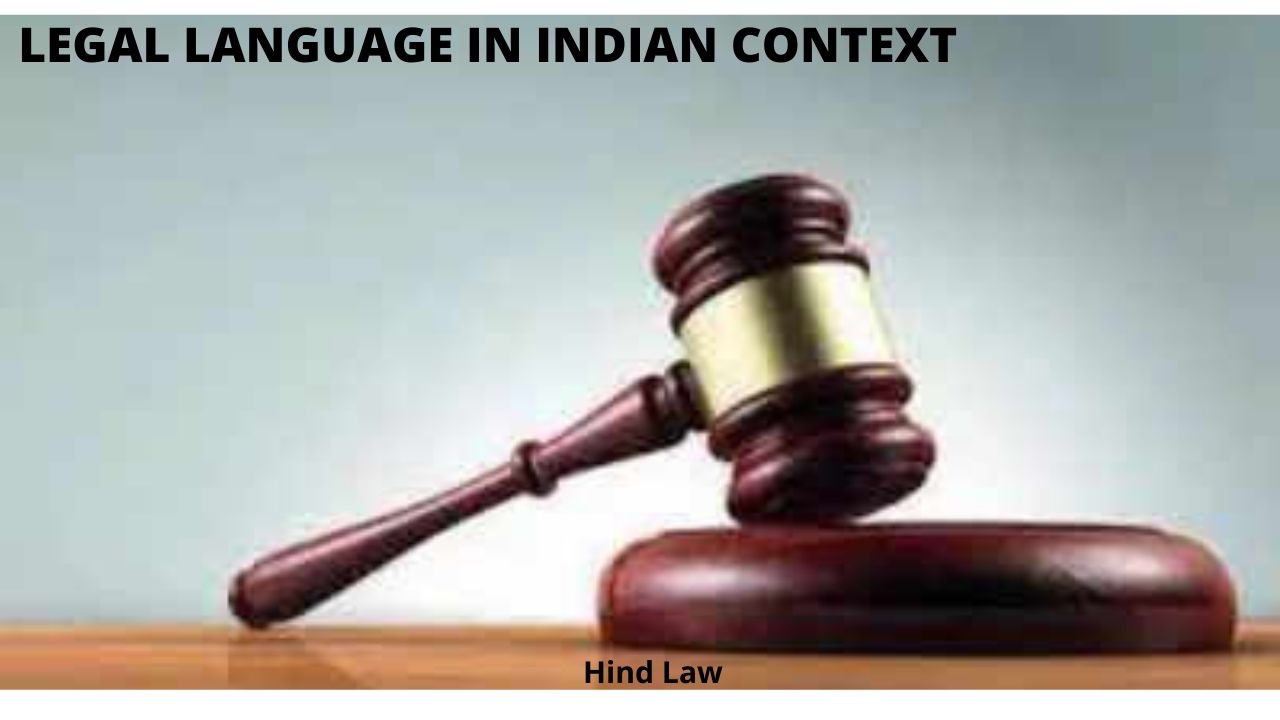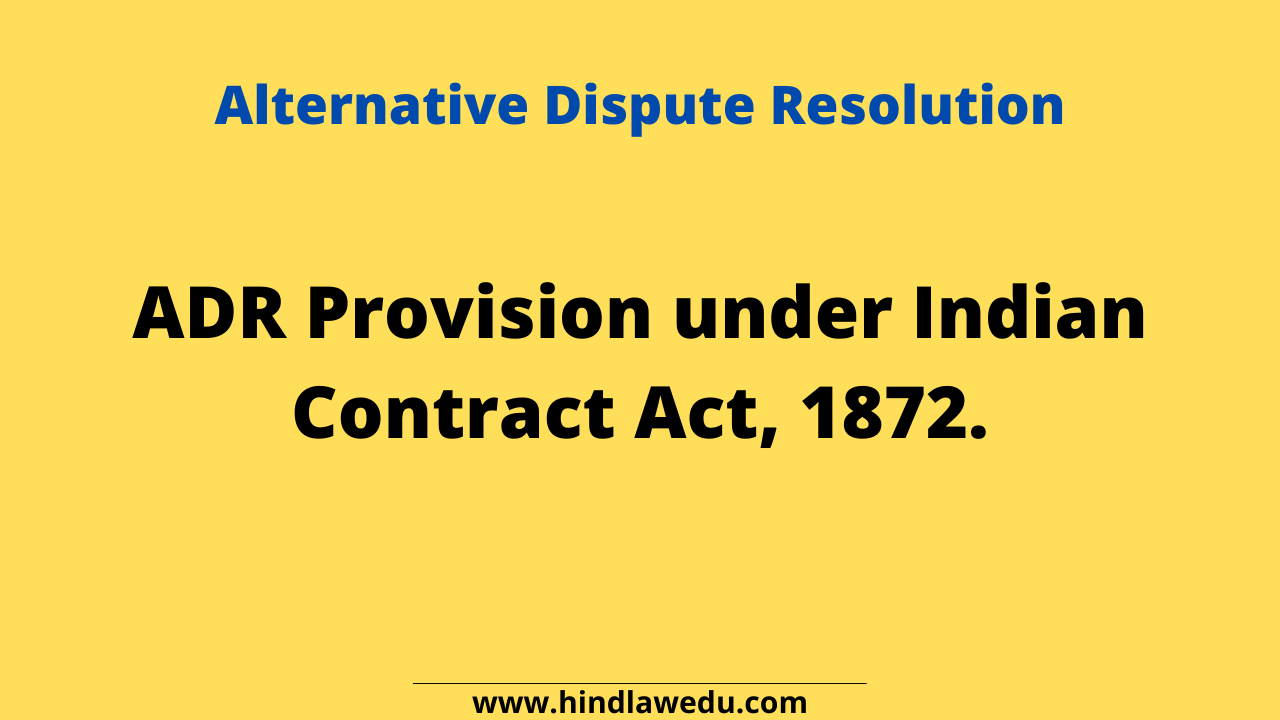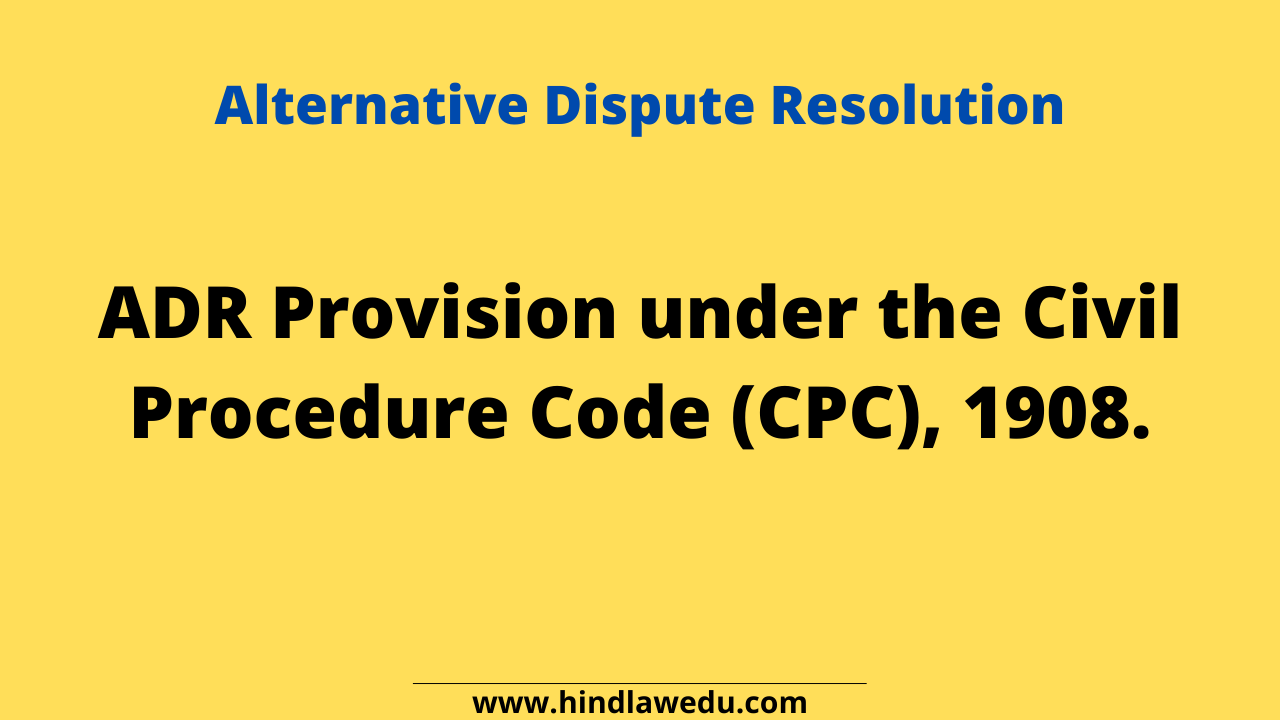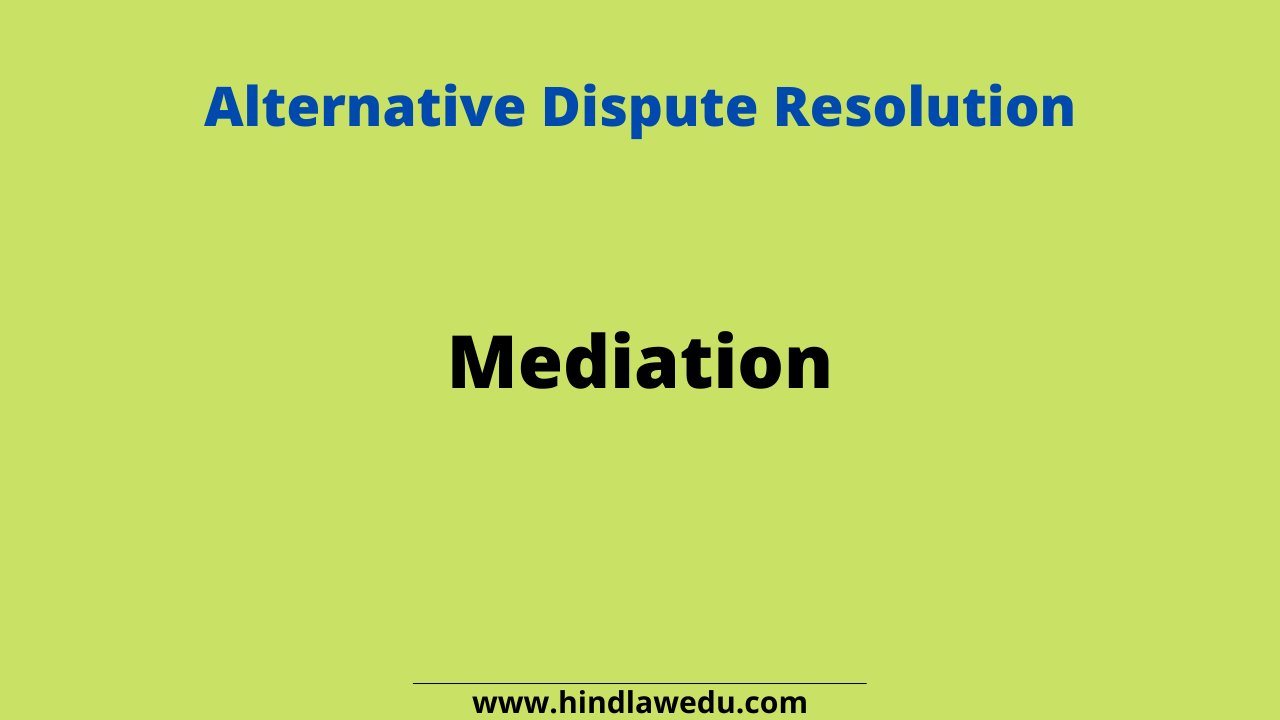A contract is a binding legal agreement that is enforceable in a court of law. An agreement not enforceable by law is a void agreement. There are some agreement which are specifically declared as void by Indian Contract Act even if such agreement satisfy the condition of a valid contract, they are not enforceable, such void agreement is an agreement in restraint of legal proceedings as stated under Section 28 of the Indian Contract Act, 1872 which states that an agreement in absolute restraint of legal proceedings is void.
For an agreement which places limits as to the time within which a right can be enforced is void.
Section 28 (a) of the Indian Contract Act, 1872 states that:
- No agreement can debar enforcement of rights through a court of law.
- No agreement can oust the jurisdiction of a court.
- No agreement can stipulate a time limit below the time limit prescribed under the Indian Limitation Act, 1963.
Exceptions:
However, exceptions attached to this section state that if the parties to contract agree to refer their dispute to arbitration, then such agreement is not void.
Exception 1 states that where the parties to a contract agree that any dispute which may arise between them in future shall be referred to arbitration and that only the amount awarded in such arbitration shall be recoverable in respect of the dispute so refer, such agreement shall not be void.
Exception 2 states that where the parties to a contract have agreed in writing to refer to arbitration any question between them which has already arisen, that agreement shall not be void.
If the parties to a contract have agreed to refer their dispute to arbitration such a contract is not void because there is no absolute restraint on a party to go to the court of law. It may only say the rights of the party to go to the court until compensation to be awarded has been ascertained by arbitration.
An agreement to refer dispute to arbitration does not close the final door to a court of law, therefore it is not in contravention of the Indian contract act.
Thus the parties to a contract may agree to resolve their dispute through arbitration instead of enforcing their rights through a court of law by virtue of section 28 of the Indian Contract Act, 1872.
Also Read:















